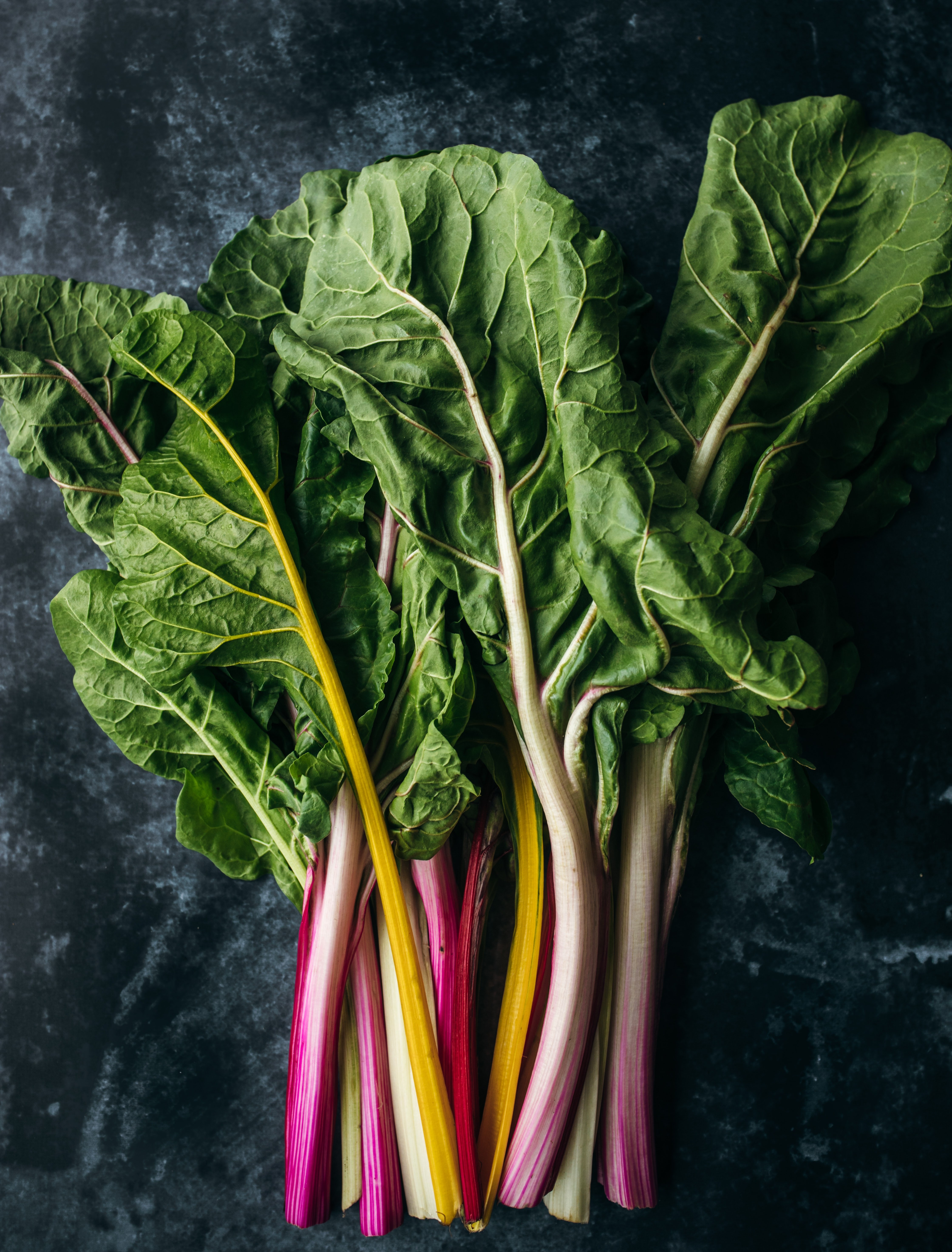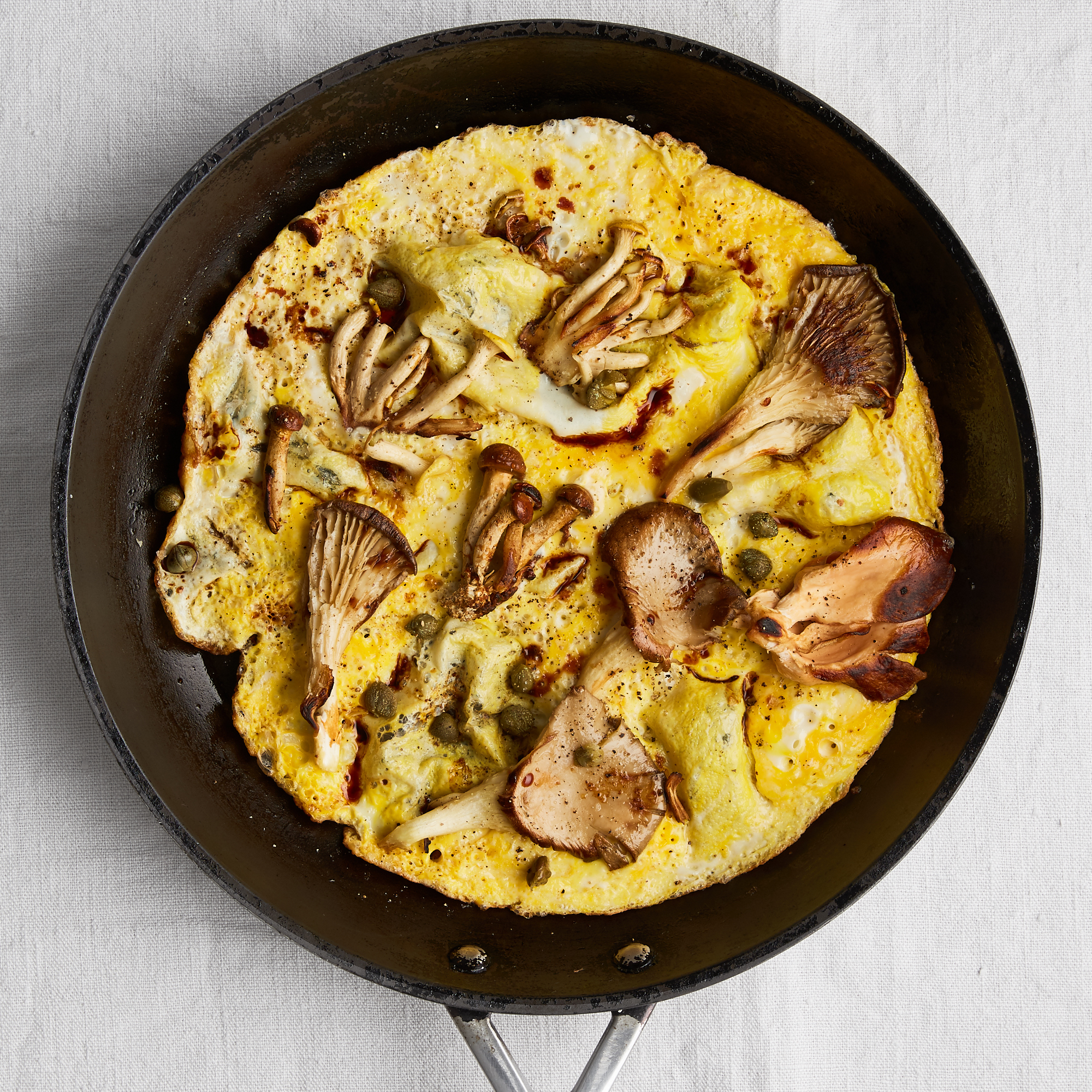04 Jul, 2021
Reconnecting with our food chain
Public concern about food quality has intensified in recent years. A series of food scares and the controversy surrounding genetically modified crops have prompted heated debate about the safety and integrity of our food. We take a look at the manufacturing and marketing of healthy food.
PlanetPublic concern about food quality has intensified in recent years. A series of food scares and the controversy surrounding genetically modified crops have prompted heated debate about the safety and integrity of our food.
I’m sure you can all remember the horse-meat scandal in 2013. It shocked the nation as the realisation suddenly hit us, we don’t actually know what is in our food. We put so much trust into manufactures who only actually care about their profit margins.
Nearly half of global manufacturers say they don’t have any visibility past their direct suppliers – in other words, they don’t know what is happening in their supply chain. While they may audit first tier suppliers, they usually cannot see beyond them to their suppliers’ suppliers.
In short, our supply chains have become so disconnected that by the time the food is in the our hands we’re not even sure whether we’re eating horse or cow. It is total madness.
Not only that but food labelling is also misleading. So as consumers not only are we contending with confusing food labels but we are also not able to be 100% sure what ingredients we are eating.
The reason I started with the horse scandal is because it really struck a cord with consumers. People realised that they needed to reconnect with where their food is coming from and I believe there is a direct link with how close you are to the source of your food, the healthier it is.
It is 100% proven that vegetables gradually lose their nutrients once they are harvested, the quicker we can eat them the more beneficial the nutrients are to our health.
What has frustrated me the most is that the big manufacturers have cottoned on to the fact that us consumers want fresher, healthier food that is from transparent suppliers and they have skewed their marketing of products to lure us in.
Our whole food labelling system and marketing policy is becoming more complex and confusing, labels read more like a chemistry experiment than something you would want to eat. And marketing slogans aren’t regulated enough and often don’t reflect much truth.
The common culprits are:
Low fat – usually high in sugar
Low sugar – usually high in fat
Made with real fruit – Could be made with as little as 1% real fruit
Natural – Can still contain preservatives and other traces of chemicals.
Fresh – means nothing, there are no UK policy guidelines for marketing a product as ‘fresh’.
Farmed to British standard – doesn’t mean its farmed in the uk
Packed in the UK – doesn’t mean the animal has lived one day on British soil.
Enriched with - Often unhealthy foods are enriched with vitamins so that they can be marketed as healthy but are in fact anything but.
Wholesaler Booker created a media uproar by announcing that it was to start supplying sandwiches with a 14-day shelf life to convenience stores and food service outlets. The secret was to use oatmeal bread, mix all the filling with a slightly acidic mayonnaise, do away with salad and flush the packs with carbon dioxide and nitrogen. How sad is it that this is what our sandwich industry has come to.
I remember my husband saying that the reason he ate a certain coffee chains sandwiches is because they ‘are made fresh every day’. It’s a hugely successful marketing campaign which in some respects is true but not so much in others. For example, the sandwich may have been ‘put together’ on that day but how old is the bread that’s being used, how old is the chicken, how old are the cucumbers, lettuce and tomatoes and what have they been sprayed with to enhance their shelf life?
There is a whole other story around the hidden agricultural chemicals in our food. Chemicals that farmers use on the land to kill weeds for examples, small traces are found in the produce and research is suggesting these low levels doses of these chemicals can have a devastating affect on our health.
What can we do as consumers?
Sir Albert Howard, whose research in the 1930s did much to inform the development of organic farming and inspired the foundation of the Soil Association, believed the health of the soil, plants, animals and people was ‘one and indivisible’. We need to support this idea and start reconnecting with our food chain.
There is so much we can do. We need to have a culture change and I really believe that is starting to happen. We need to fight the battle over our minds not just our mouths.
We need to eat more vegetables and less meat. We need to support local suppliers. We need to support small local food businesses. Cook from scratch. Pay more for quality food but cook smarter to save money. We need to demand transparency in our food chain. The less we demand of this fake food the less they will need to supply it.
At Detox Kitchen we focus solely on the quality of our food and where it has come from. We source 80% of our fruit and veg from the UK. All our meat is sourced from a free range farm in Norfolk. All our eggs are organic. We have a 24 hour policy on food in our kitchens. For our home deliveries, the ingredients arrive at 7am, we cook with it between 7am-8pm and it is delivered between 3am-7am. We don’t use any preservatives. We use 100% natural ingredients. Everything we do is transparent. It means our profit margins are squeezed but it means that I can sleep well at night knowing that we have integrity in our food.



